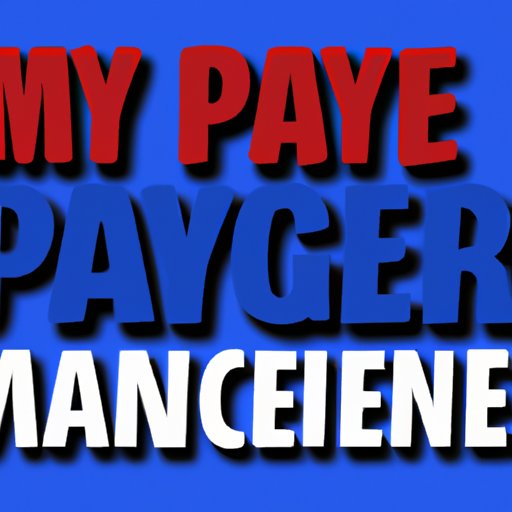Introduction
Your credit score is a three-digit number that lenders use to determine your creditworthiness. It’s based on the information in your credit report, which is a record of your credit activity. A good credit score can open up opportunities like lower interest rates and more favorable loan terms. On the other hand, a low credit score can make it hard to access credit or qualify for loans. So, if you’re looking to fix your credit score, these tips can help.

Obtain a Copy of Your Credit Report and Review It for Errors or Inaccuracies
The first step in fixing your credit score is to obtain a copy of your credit report from each of the three major credit bureaus — Experian, TransUnion, and Equifax. You can do this for free once a year by visiting AnnualCreditReport.com.
Once you’ve obtained your credit reports, you should review them for any errors or inaccuracies. Look for any accounts that don’t belong to you, late payments that aren’t accurate, and incorrect personal information. If you find any errors, you should contact the credit bureau to dispute them.
Pay All Bills on Time and Keep Balances Low on Revolving Credit Accounts
Paying all of your bills on time is one of the best ways to improve your credit score. Payment history makes up 35% of your FICO® Score, so making sure all of your payments are received by their due dates is essential. To make this easier, consider setting up automatic payments for recurring bills.
You should also keep your balances low on revolving credit accounts, such as credit cards. This will help keep your credit utilization ratio — the amount of available credit you’re using — low. Your credit utilization ratio makes up 30% of your FICO® Score, so keeping it below 30% is ideal.
Dispute Any Inaccuracies on Your Credit Report
If you spot any inaccuracies or errors on your credit report, you should dispute them with the credit bureaus. This can be done online, over the phone, or by mail. Be sure to include any supporting documents that may help prove your case. Once the credit bureau has received your dispute, they’ll investigate and respond within 30 days.
It’s important to follow up with the credit bureaus if you don’t hear back from them. If the dispute isn’t resolved in your favor, you can always file a complaint with the Consumer Financial Protection Bureau (CFPB).
Become an Authorized User on Someone Else’s Credit Account
Becoming an authorized user on someone else’s credit account can be an effective way to boost your credit score. As an authorized user, you’ll receive all the benefits of the account without being responsible for the debt. This includes the account history being reported to the credit bureaus.
To become an authorized user, you’ll need to ask the primary cardholder to add you to the account. Be sure to ask them if they’ll report your activity to the credit bureaus. The primary cardholder should be someone with a good credit score.

Make Payments to Creditors and Collection Agencies
If you have delinquent accounts, you should start making regular payments to your creditors and collection agencies. This will show the credit bureaus that you’re taking responsibility for your debt and may help improve your credit score. You should also try to negotiate with your creditors and collection agencies for lower payments or reduced interest rates.

Make Larger Payments than the Minimum Due
Making larger payments than the minimum due can help reduce the amount of debt you owe and improve your credit score. Consider breaking down your payments into smaller chunks throughout the month to make it easier to make larger payments. You can also set up automatic payments to ensure your payments are made on time.
Limit the Number of Times You Apply for New Credit
When you apply for new credit, the lender will request your credit report and this can cause your credit score to drop slightly. To avoid this, you should limit the number of times you apply for new credit. This includes applying for store credit cards, car loans, mortgages, and other types of financing.
Conclusion
Fixing your credit score takes time and patience. By following the tips outlined above, you can take steps toward improving your credit score and achieving your financial goals. Remember to be diligent about reviewing your credit report and disputing any inaccuracies. With the right strategies in place, you can improve your credit score and enjoy the benefits of having good credit.
(Note: Is this article not meeting your expectations? Do you have knowledge or insights to share? Unlock new opportunities and expand your reach by joining our authors team. Click Registration to join us and share your expertise with our readers.)
